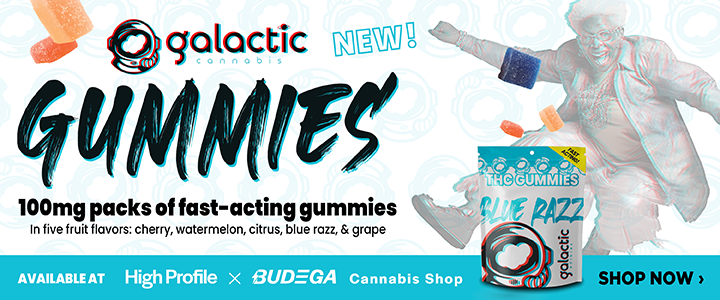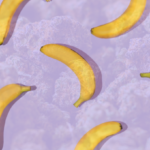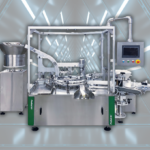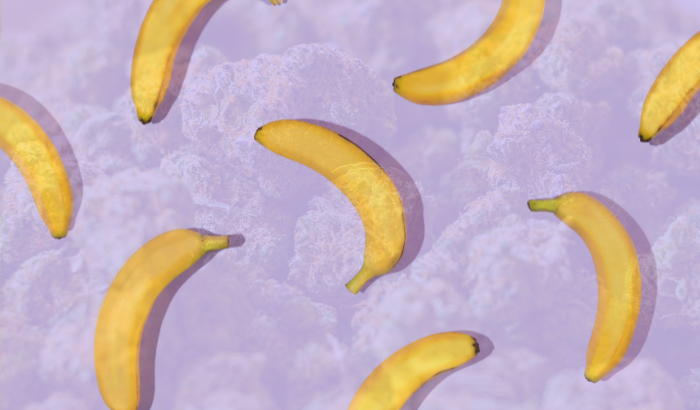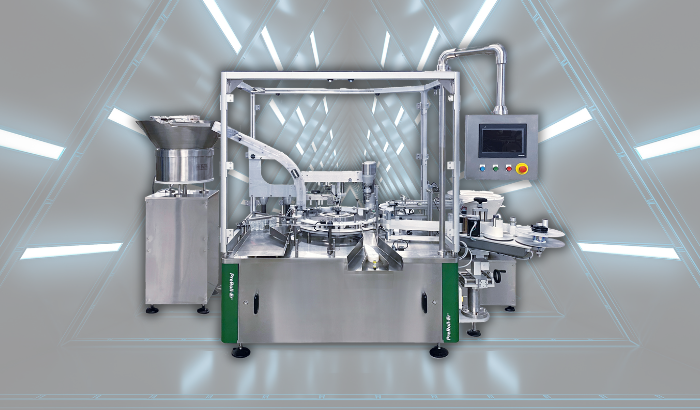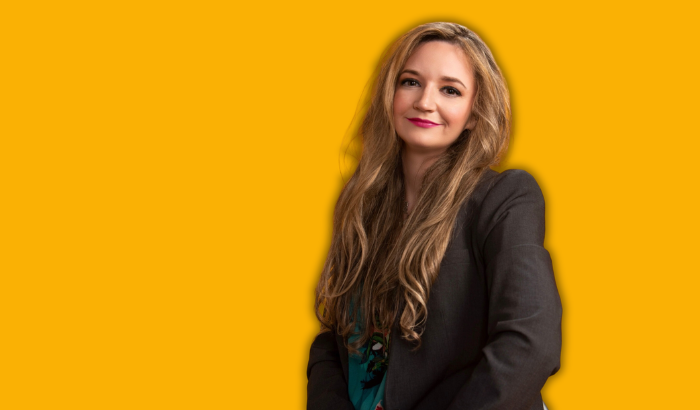
Julie Ann Mejia’s journey from traditional medicine to founding Holistic Hemp Solutions
I’ve heard hundreds of cannabis coming-of-age stories from industry professionals and founders. So when I say that the path which Julie Ann Mejia took is remarkable and stands out from the others, that’s quite a feat.
We spoke extensively, about everything from diagnoses which spurred her mission, to the Massachusetts Cannabis Control Commission, to the unique processes and products she developed. This one goes deep, so go ahead and dive right in …
CF: We are going to talk about your cannabinoid journey, but first please bring us back to right before that journey, where you were in life, and what if anything your experience had been with cannabis up to that point.
JAM: Prior to researching cannabinoids and their benefits, I was working in a traditional medicine/nonprofit setting with adolescents who suffered from a variety of behavioral, cognitive, and psychiatric conditions. I was always a supporter of plant-based products/plant-based medicine even though it went against what I was taught in the “Westernized medicine theory,” which often supported the reefer madness mentality. I always felt that the traditional medicine approach was odd; why wouldn’t healthcare providers want to exhaust all natural and Eastern naturopathic options first before having a patient try something synthetic with a high probability of side effects?
I was aware that medical cannabis was prescribed and assisted many terminally ill patients, but I wasn’t aware of how it may assist me personally with my work-related injuries. As a young adult, I had found cannabis to be a wonderful compound from a recreational perspective and I consumed it socially on rare occasions when offered at gatherings.
In 2013, I developed a rare pain disorder called RSD. I was prescribed various traditional opioids but none of them eased my severe neuropathic pain and the medications made me extremely sick. After exhausting all traditional pain medications, I was prescribed oral and topical Ketamine from a specialized compound pharmacy, yet I sadly found no relief. Pain specialists offered Ketamine IV infusions after the oral and topicals failed, but I declined. The only other option I was told was to have surgery to install a pain pump in my spinal column; this was a turning point in my life. I decided to explore alternative treatments, as I did not want to remain on harsh pharmaceuticals that made me feel worse than the pain disorder I struggled with.
In 2015, my brother moved to Denver, Colorado and while visiting him, I decided to see what the recreational market had to offer for my neuropathic pain disorder. I purchased a few products at a dispensary and was amazed by their impact on my condition. I came home and immediately applied for my medical cannabis card in Massachusetts, and I started my journey to healing myself with this miraculous plant.
You had an injury around the same time that your aunt was diagnosed with breast cancer, and it seems that all of these experiences out the traditional healthcare industry in a new light for you. What was the first place you turned for alternatives that you’d say really set you on the course that you are still on?
Looking back, 2013 was a tough year for me personally. I suffered a severe injury by a client at work and was barely able to function on the narcotics. My aunt, who was a dentist, had just gotten a devastating diagnosis of triple-negative breast cancer. For both my aunt and myself, I truly saw Westernized medicine in a new and unnerving light. I watched my aunt and myself suffer at the hands of medical providers; they placed us both on a variety of pharmaceuticals as well as a handful of other traditional remedies to combat the side effects.
I was previously an athlete and was physically active my entire life. I played softball from elementary through high school and ran long distance track from 7th through 12th grade. I went from being very physically active to being unable to get out of bed on certain days. The medications I was prescribed made me feel so sick that I was oftentimes unable to function from the side effects or I was too tired/incoherent to live a normal life. I was determined to find a better solution, as my health continued to decline the more I entrusted the traditional approach.
Coming from a cognitive neuroscience and research background, I immediately started looking for research regarding plants and alternative treatments for pain. I found a number of publications from all over the world regarding cannabinoid therapy on a variety of conditions, especially for cancer and pain. Finding reliable unbiased research set me on the path to looking into a variety of cannabinoids to treat a multitude of conditions.
The first products I tried and found helpful for pain were smokeable products (i.e. cannabis flower, cartridges and/or concentrates for immediate/severe pain, tinctures for sleep and overall internal pain/inflammation reduction and topicals for localized areas of pain and inflammation). I would often smoke concentrates that were broad-spectrum and contained both THC, CBD, and other cannabinoids.
For flower, I would not look for the highest THC content but the overall cannabinoid/terpene profile. I would try to purchase natural tinctures, as RSO oil is often made from grain-alcohol, and even parts per million can contribute to increasing inflammation throughout the body. The other reason I often avoid RSO oil is because I have Celiac disease, and the oil would often bother my stomach.
Rosin-based tinctures were my favorite, but they were extremely difficult to find. Sadly, because of applying heat, many cannabinoids and terpenes were lost during processing despite being a more natural extraction. I tried a few topicals for localized areas of pain, but I couldn’t find ones that lasted long enough to help my severe neuropathic flare ups. The many issues I experienced with cannabinoid products on the market would later push me to develop my own extraction techniques and patent pending products.
When I got into the industry, many extractors would talk about isolating cannabinoids and getting the highest yields of THC possible. I couldn’t fathom how heat extracted products were still considered “full-spectrum.” When a heat source is applied, crucial cannabinoids and terpenes are eradicated from the finalized composition. And in 2017, at a cannabis conference in Eugene Oregon, I met a medical grower named Steve Hunt, who felt very similar regarding the term “full spectrum extraction.” Steve learned how to do cold process extractions on cannabis, and he offered to teach me.
During my apprenticeship, I continued trying to locate rare and minor cannabinoids throughout the US and Canada for both myself and my aunt, who was still suffering from cancer. I began exploring methods to extract CBDa and CBGa from hemp as it had not been attempted. After being unable to locate a reliable source for these cannabinoids, I started developing my own extraction process and method to produce a tincture containing these compounds and others. The goal was to procure the desired effects based on the cannabinoid and terpene profiles of the raw material. I was determined to create a product that preserved all terpenes and cannabinoids found in the raw plant material’s profile without using harmful or inflammatory solvents. This was the beginning of the development of my own company, Holistic Hemp Solutions, where I take great pride in developing natural patent pending products for a variety of health conditions amongst other consulting and advocacy services.
You even went to Canada searching for specific cannabinoids. What were you looking for and where, when, and how did you ultimately find what you were looking for?
In 2015, while visiting Nova Scotia, I tried to locate anyone who may have access, know how to extract or could locate CBGa or CBDa. I read some research on both cannabinoids, and I wanted to see if either myself or my aunt would benefit from trying these two compounds. Most people had never heard of either compound, so sadly I was not successful in locating them. The first time I tried/located the compounds was when I made them personally.
You traveled to Colorado and even wound up working in the industry in Oregon before we even had a regulatory agency set up in Massachusetts. How good or bad would you rate the job the Cannabis Control Commission has done here compared to what you saw out west in states that came before us?
Sadly, the Massachusetts cannabis industry and commission were designed to fail from the start. At the time Question 4 passed in Massachusetts, we had a governor that did not want cannabis prohibition to end and when it passed, he tried to delay the process as long as possible. He then appointed unqualified individuals to hold positions of power that should’ve never held such roles.
What I witnessed regarding Economic Empowerment (EE) and Social Equity (SE) programs basically put a target on the backs of the applicants they were designed to assist. EE and SE applicants were supposed to get assistance with priority review and receive help with the entire process. Eventually these applicants were supposed to receive funding toward their businesses. Unfortunately, many individuals did not get priority review, found zero assistance financially or otherwise. The state of Massachusetts continues to collect massive amounts of taxes from the industry. The state allows multi-state, billion-dollar operators to open shops quickly and push small mom and pop operations out.
As far as assisting medical patients and their needs, they simply don’t. I myself and many other advocates including qualifying medical cannabis physicians, have asked for support regarding pediatric patients that may need medical cannabinoid therapies in a school or residential setting. Oftentimes, the commission will flat out ignore requests or avoid taking action to try to pass the task elsewhere. I have seen zero accountability from the newly appointed commissioners, and the commission itself remains very political and non-transparent with their practices.
The Cannabis Control Commission’s own mission statement reads: “The mission of the Cannabis Control Commission is to honor the will of the voters of Massachusetts by safely, equitably and effectively implementing and administering the laws enabling access to medical and adult use marijuana in the Commonwealth.” If the CCC followed their own mission statement, the state would have consumption lounges open, SE and EE applicants would receive financial and additional support. Most importantly, the commission would listen to industry leaders and healthcare professionals that voice the needs of their patients and take action, as it’s their job.
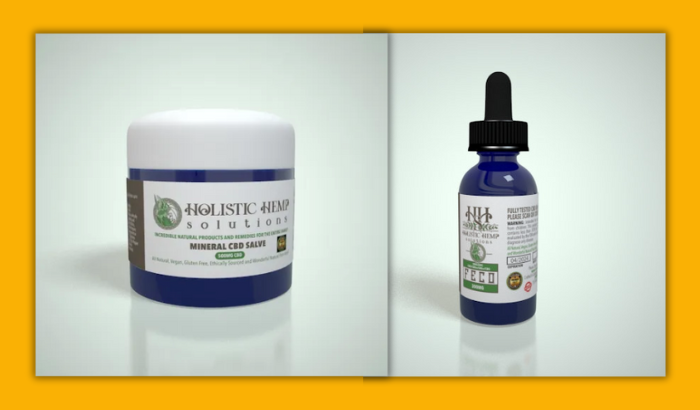
When it came time to start your own business, why did you decide to go the non THC route and work with minor unregulated cannabinoids?
I chose to start with hemp, as I felt there were many more legal cannabinoids I could research, that were not well explored. The benefit from some of these rare cannabinoids are scarce and some cannabinoids have yet to be discovered. Exploring new compounds and their potential to assist with certain conditions is my driving force. However, I may create cannabis products at a future point in time.
You are doing cold processing and employing some other less common approaches as well. How much can you share with us about your technique?
I am fully transparent about what is in our products and how they are formulated. I developed a unique cold processing methodology for producing a truly full spectrum tincture containing all the cannabinoids and terpenes from raw hemp. More importantly, this process preserves the CBDa, CBGa, and CBCa, which are known for a variety of uses including supporting a healthy immune system and sleep cycle while enhancing overall wellness.
Traditional edible and tincture products made from hemp use heat extraction, which destroys many of the beneficial terpenes and cannabinoids. As such, the final product does not contain the full scope of the terpenes and cannabinoids that were in the original hemp before decarboxylation (heating) and extraction. Our tincture is produced using a cold processing method in organic olive and/or MCT oil, that allows the full spectrum of cannabinoids and terpenes to be extracted without heat; this means that none of the CBDa and CBGa is lost or damaged in the extraction process.
Our finalized product and method in which I make is now patent pending internationally for a variety of medical conditions. Some of the conditions I filed for in regards to the CBDa/CBGa tincture are: assisting with seizures, pain, inflammation, and COVID symptomology reduction/prevention to name a few.
My goal in creating these products was to make a truly full-spectrum product that is all-natural and without harsh solvents to assist the body with a variety of conditions at an affordable rate. As a medical cannabis patient, affording products was sometimes difficult. My goal has always been and remains safe, quality, and affordable access to anyone who feels they may benefit from our products.
Tell us a little bit more about your flagship products and why they are unique in the market.
We currently offer two products which are currently patent pending and released in limited pre-production batches. All products are 100% legal, come with COAs, and are made in a certified manufacturing facility in the state of Massachusetts. All the raw materials used to make these products are organic and are grown in the Bay State. Holistic Hemp Solutions takes great pride in supporting the local community, especially hemp farmers. Our products are certified and follow Massachusetts state compliance with the Cannabis Control Commission under our manufacturing partners at ERVA.
Our all-natural Raw Oil Tincture (FECO) consistently contains a full-spectrum composition of a variety of cannabinoids and terpenes in each batch. Our products are completely organic and grown from the highest quality hemp flower Massachusetts has to offer. The process is capable of reproducing the same results in each batch. The tinctures’ purity is maintained by using only organic raw materials and carrier oils.
In addition, our Mineral CBD Salve is a uniquely formulated topical with the highest quality ingredients available including radish root as a natural preservative. As I mentioned before, what really sets us apart from our competition goes back to our unique cold processing techniques that allows the full spectrum of cannabinoids and terpenes to be extracted without heat, preserving the most beneficial components of the product. These products contain a value of 0.3% or less delta-9 THC. We have filed our patent for several conditions including seizures, pain, inflammation, anxiety, and immune support to name a few, that will be applicable for all populations (including pets) without harmful side effects.
What are some minor cannabinoids people should keep an eye out for and why?
The two cannabinoids that everyone should be aware of are cannabigerolic acid, or CBGa, and cannabidiolic acid, or CBDa. Oregon State University conducted a study that found that they have therapeutic effects that may benefit general health and wellness, as well as immune support. In another study published by the Journal of Natural Products, cannabis compounds prevented viruses from penetrating healthy human cells. These cannabinoids are focal points of my products as I knew the benefits they had on immune support. One of the conditions filed for our patents was to reduce COVID symptomatology, which was mentioned in the following studies.
What’s next for your company? What else are you working on?
There are a variety of other services I provide through HHS. This year I’m excited about my diabetic healthcare bill that went into session in July. Bill HD4409 was written to assist diabetics in the commonwealth with not only the high costs of diabetic medications, but also for the testing supplies and equipment needed to live daily with this devastating disease.
I have seen first-hand how expensive and detrimental this disease can be. I felt it was an important use of time to help other diabetics in our great state and stand up to the multibillion dollar pharmaceutical companies who sometimes charge a 1,000% mark-up on life saving products. The patent for insulin was sold for $1 to keep it affordable for patients. Diabetics being unable to afford their insulin should never transpire.
As far as our products go, we have a year to decide which countries we want to work with. I will continue working on the development of new and rare products that use the most natural extraction methods possible. I have also started writing a book. I want to share my personal industry experience and journey to healing myself with cannabinoid therapy with the world.
For more information visit hhsolutions.co


